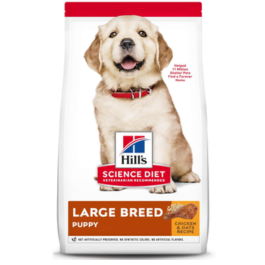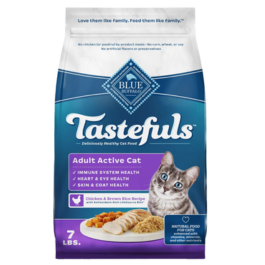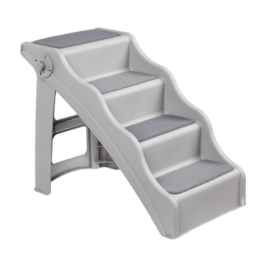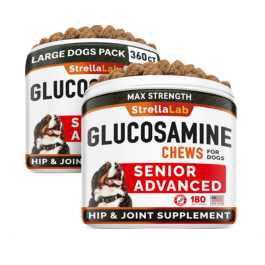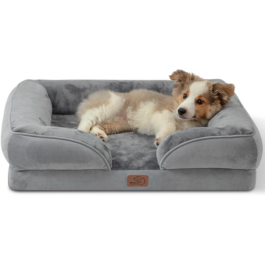As our beloved pets enter their golden years, their needs evolve — from nutrition and exercise to comfort and emotional support. Senior pets hold a special place in our hearts; their calm presence and loyalty deserve the best care we can offer. Whether you share your home with an aging dog or a wise old cat, understanding their changing requirements ensures they continue to live happily and healthily for years to come.
Before we dive in, if you haven’t yet, check out our heartwarming feature “This July, Let’s Celebrate Senior Pets – Because Love Has No Age” — a tribute to the unconditional love our senior companions bring into our lives.
Nutrition: Tailoring the Diet for Senior Pets
Nutrition plays a pivotal role in maintaining the health and vitality of aging dogs and cats. As pets age, their metabolism slows, and their dietary requirements shift. Senior-specific pet foods are formulated with fewer calories, higher-quality proteins, and essential fatty acids to support joint health, brain function, and a shiny coat.
Key Nutritional Tips:
- Opt for high-quality proteins such as chicken, salmon, or lamb to support lean muscle mass.
- Include omega-3 fatty acids to promote joint flexibility and reduce inflammation.
- Watch the calories: Preventing obesity is crucial for senior pets, as excess weight strains joints and organs.
- Encourage hydration: Wet food or broth-topped kibble can help older pets stay hydrated, especially those with kidney issues.
👉 Also explore our detailed guide “Is Your Pet at a Healthy Weight? Signs and Solutions.” to assess your pet’s body condition and make dietary adjustments effectively.
Mobility: Keeping Those Joints Moving
Joint stiffness and arthritis are common challenges for senior pets. Regular, gentle movement helps preserve flexibility, muscle tone, and circulation.
For Dogs:
- Short, frequent walks are better than one long session.
- Swimming is a low-impact exercise ideal for dogs with arthritis.
- Consider orthopedic support like ramps or stairs to ease climbing.
For Cats:
- Encourage gentle play with feather toys or laser pointers.
- Provide elevated resting spots with easy access using pet steps.
Comfort Care: Making Home Senior-Friendly
Aging pets are more sensitive to temperature changes and may develop aches, vision issues, or anxiety. Small environmental adjustments can greatly enhance their comfort.
Create Cozy Spaces:
- Use orthopedic or memory foam beds to cushion joints and support proper posture.
- Keep sleeping areas warm and away from drafts.
- Use non-slip rugs or mats to prevent slipping on hard floors.
Home Modifications:
- Night lights can help pets with fading vision navigate safely.
- Elevate food and water bowls to reduce neck strain.
- Provide quiet corners where your senior pet can rest undisturbed.
Mental Stimulation: Keeping Their Minds Sharp
Mental enrichment is just as vital as physical care. Senior pets can experience cognitive decline, similar to dementia in humans, leading to confusion or anxiety. Engaging their minds with gentle stimulation helps delay these symptoms and keeps them happy.
Mental Wellness Activities:
- Offer puzzle feeders or treat-dispensing toys.
- Maintain a consistent routine to reduce stress.
- Spend quality time — gentle grooming, massages, or short training sessions keep them emotionally fulfilled.
For cats, window perches or slow-moving toys can provide hours of entertainment. For dogs, sniffing walks and light obedience games engage their senses and build confidence.
Emotional Bonding: Love Is the Best Medicine
More than anything, your senior pet needs your patience, understanding, and love. They may move slower, sleep longer, or hear less — but their emotional connection to you remains strong. Regular vet visits, gentle care, and time spent together make all the difference.
Our senior pets have given us years of companionship and joy; it’s our turn to ensure their golden years are filled with comfort and affection.
So, let’s cherish these beautiful souls who’ve stood by us through every season of life. Because love truly has no age.
Final Thoughts
Supporting your aging dog or cat doesn’t have to be overwhelming. With thoughtful adjustments to their diet, mobility routines, comfort setup, and mental enrichment, you can make their senior years peaceful, healthy, and full of love.
For more pet wellness stories and tips, explore our related features:
- This July, Let’s Celebrate Senior Pets – Because Love Has No Age
- Is Your Pet at a Healthy Weight? Signs and Solutions.
Together, let’s make every tail wag and purr count — at every age.


